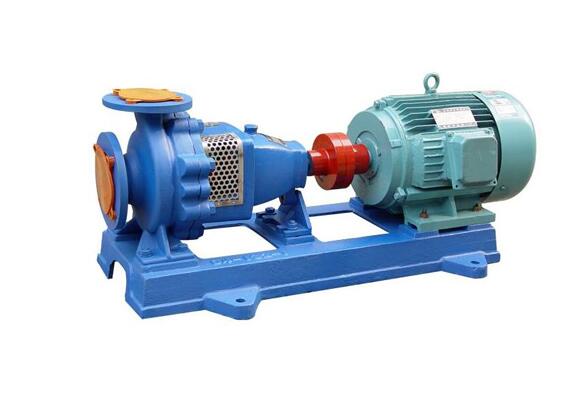What is a Chemical Pump?
Chemical pumps of different materials have what use
Chemical pump in today’s application is very wide, especially in the industrial industry, the role is more prominent. And chemical pump is not only one kind, in our life and work, we often see different types, different materials, different USES of chemical pump. So today, bart will first introduce their material classification and the use of each material chemical pump.
“Chemical pump” is not an official industry term, but it does have a generally accepted meaning. Chemical pumps should 1) resist the corrosive effects of various chemicals at different temperatures; 2) avoid any accidental discharge that may harm the operator or the surrounding area.
This is an intentionally broad definition because chemical pumps can be made from any number of materials and in many industries. But before we apply the device, let’s consider how it works.
How does a chemical pump work?
When studying chemical pumps, companies may find that there are many types of pumps listed. Some of these may include powder diaphragm pumps, electric polishing pumps, eccentric screw pumps, barrel pumps, and peristaltic pumps. However, it is important to know that most chemical pumps fall into two categories: magnetic-driven pumps and pneumatic diaphragm pumps.
Magnetic drive pump is centrifugal pump. (that is, they use rotational motion to facilitate fluid flow.) Pneumatic diaphragm pumps are positive-displacement pumps (meaning they use air intake to capture a certain amount of fluid and discharge it at a fixed amount). These chemical pumps have different advantages and disadvantages, but they have one thing in common: they do not have shaft seals.
Failure of shaft seals in any pump assembly varies the most. Omitting them means that as long as the operator chooses, USES and maintains the pump correctly, the pump will operate without leakage.
What kind of chemical pump should you choose?
The company’s choice of chemical pump will depend on the composition of the material it wants to move. The pump has a variety of materials, such as cast iron, stainless steel, PTFE, polypropylene and so on. However, chemicals such as sodium hypochlorite can quickly attack pumps made of metal. But it turns out to be more compatible. However, in the case of substances such as sodium hydroxide, polypropylene is a better choice.
It all depends on the specific needs of the company, our engineers can help you choose the perfect pump.
Chemical pumps are generally divided into stainless steel chemical pumps, fluoroplastic chemical pumps, cast iron chemical pumps and so on.
1. Chemical pump (stainless steel) is widely used in petroleum, chemical industry, metallurgy, synthetic fiber, pharmaceutical, food, synthetic fiber and other sectors to transport alkaline corrosion medium;
2, chemical pump (fluoroplastic material) used to transport any acid, alkaline corrosive medium;
3, chemical pump (cast iron material) used for industrial, urban water supply, drainage, can also be used for farmland, orchard irrigation and drainage, for the delivery of water or physical and chemical properties similar to water other liquids
A chemical pump is necessary when you are moving liquid that cannot be used with conventional pumps. Chemicals that need to be transferred are usually used when they are corrosive or abrasive. Some industrial liquids commonly used with chemical pumps include sulfuric acid, acetic acid, and sodium hypochlorite
They are more durable than conventional pumps. Provides you with options to move fluid in a variety of ways. You will find that there are usually two different types of pumps; Centrifugal pump or volumetric pump, the pump you use will depend on your specific application.
When purchasing one of these devices, be sure to get the right pump for the type of chemicals you plan to transfer. Many centrifugal pumps take the form of ANSI process pumps, depending on your particular application. And positive displacement pump is usually called screw pump, diaphragm pump or plunger pump.
Chemical pumps are powered by many different sources. Depending on the equipment you wish to acquire, it can be powered by one of the following sources: ac or dc voltage, hydraulic or pneumatic systems, gasoline or diesel engines, steam, water, and natural gas.
(The article comes from the Internet. If reprinting is not allowed, please contact our company to delete it.)

